I have a lot of people ask me how to get your period back after years of dieting. In this article, we will explore the possible reasons why you may have lost your period and what you can do to bring it back.
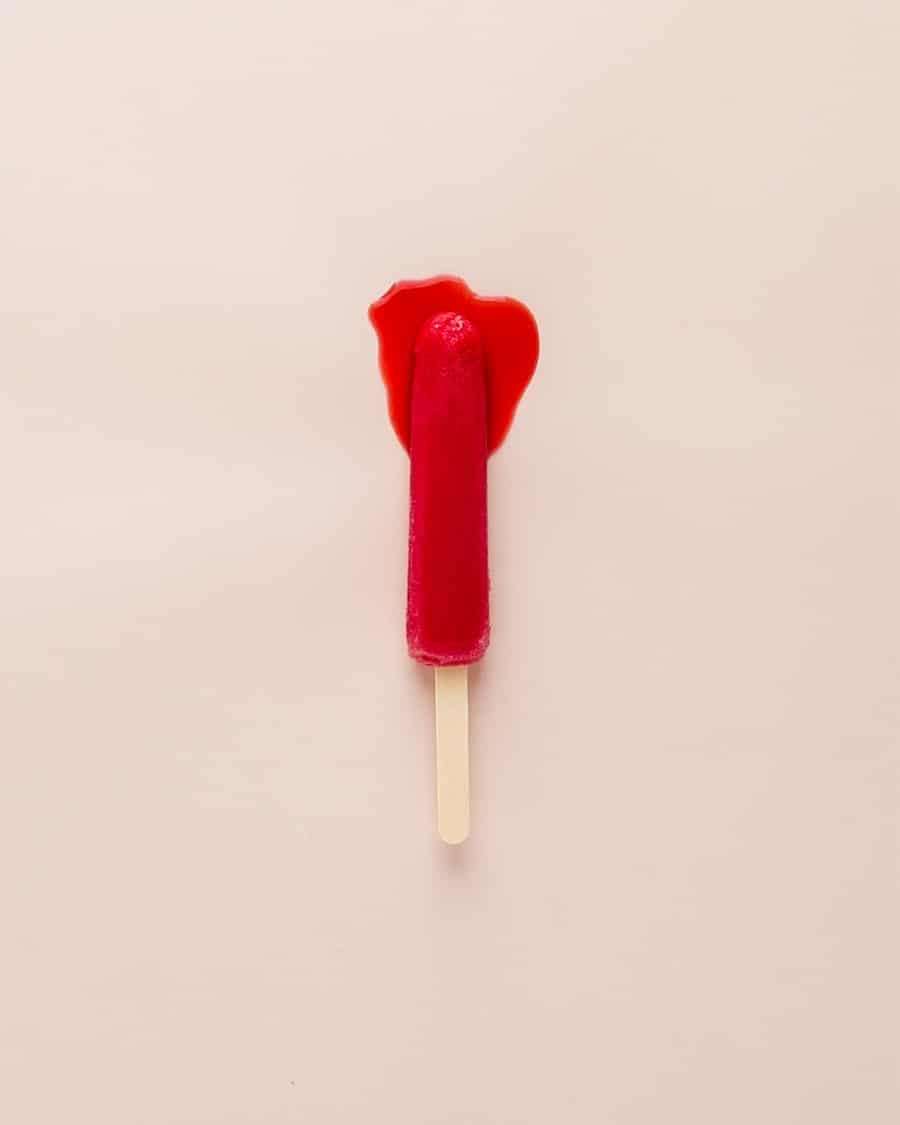
What Does a Typical Period Look Like?
Before we talk about how to get your period back, let’s discuss menstruation in general. In the great words of Fraulein Maria, we’ll start at the very beginning. A very good place to start. SCIENCE HOUR. Menstruation is cycle that is usually 28-30 days. During a normal menstrual cycle your hormones are working around the clock. Gonadotropin-releasing hormone (GnRH) is released from the hypothalamus (a gland in the brain) and it works on the pituitary (another gland in the brain) to release follicle-stimulating hormone (FSH) and luteinizing hormone (LH). These hormones then act on the ovaries, which produces estrogen and progesterone, which work on the uterus to carry out the menstrual cycle. This process is regulated by something called the hypothalamic-pituitary-ovarian axis. At the end cycle, the uterine lining sheds off, leading to menstruation, aka – AUNT FLO.
What is Amenorrhea?
For most menstruating people, getting our period is a normal occurrence that is likely taken for granted (and also, kinda dreaded). For approximately 3-4% of menstruating individuals, however, the monthly crimson wave just never appears. This is what we know of as Amenorrhea, or the absence of a period during reproductive years (approx. 12-49 years old). There are two types of amenorrhea: primary and secondary. Primary amenorrhea is when a woman doesn’t receive her period by the age of 16, while secondary amenorrhea is when a woman misses her period for three months or more after she had already started menstruation.
For the purpose of this article, we’re going to look at some of the reasons why you might be experiencing secondary amenorrhea and how to get your period back.
Why You Lost Your Period
Periods are largely regulated by hormones. So, if there’s a hormone issue, it’s expected you’ll see changes in your period or miss your period altogether. This can be referred to as hypothalamic amenorrhea. Meaning, the hypothalamus stops releasing hormones responsible for starting the menstrual cycle which in turn leads to missed periods.
Obviously if you’re pregnant, breastfeeding or in menopause, you’ll miss out on your monthly visitor, but what if you’re not in that category and you’re still not getting your period? There isn’t a simple answer to this question, which is why we’ve put together a bunch of reasons why you might not be getting your period.
Weight Changes
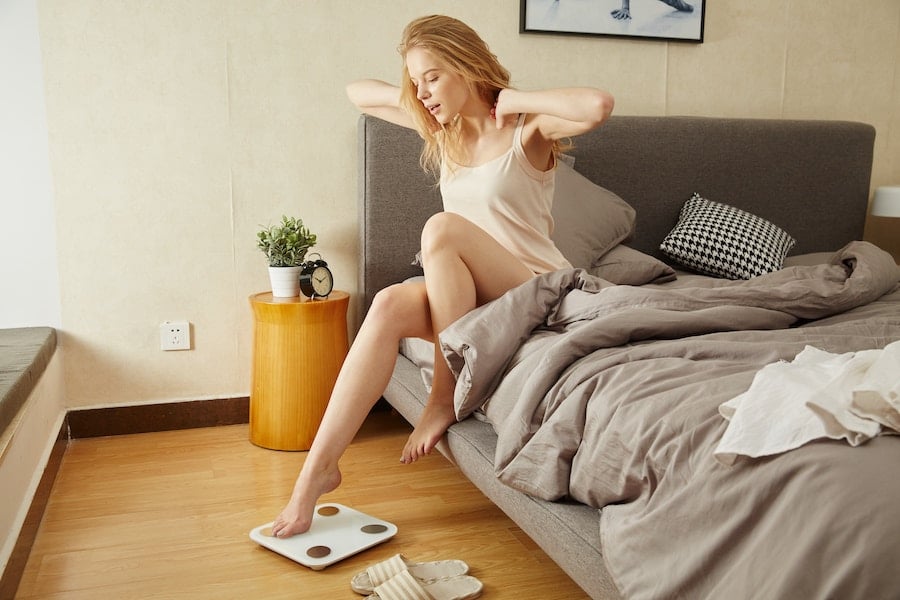
Both weight loss and weight gain can lead to missed periods or period loss. Research indicates that a BMI less than 19 (classified as underweight) and BMI over 25 (classified as overweight) can impact ovarian function and increases the risk of infertility.
How Can Weight GAIN Lead to Period Loss and Irregularity?
Weight gain causes an increase in fat cells in our body. Fat cells release many molecules such as adipokines that interact in the body to cause insulin resistance, inflammation, high blood pressure, increased cardiovascular risk and oocyte (female egg) maturation.
How Can Weight LOSS Lead to Period Loss and Irregularity?
Excessive and/or sudden weight loss below where your body wants to be due to restricting calories can reduce or stop the production of those hormones needed for ovulation. Weight loss due to undernutrition is characterized by low insulin levels in the body, and since insulin regulates the hormones that lead to menstruation, low insulin levels = no period.
Extreme Over Exercising and Period Loss
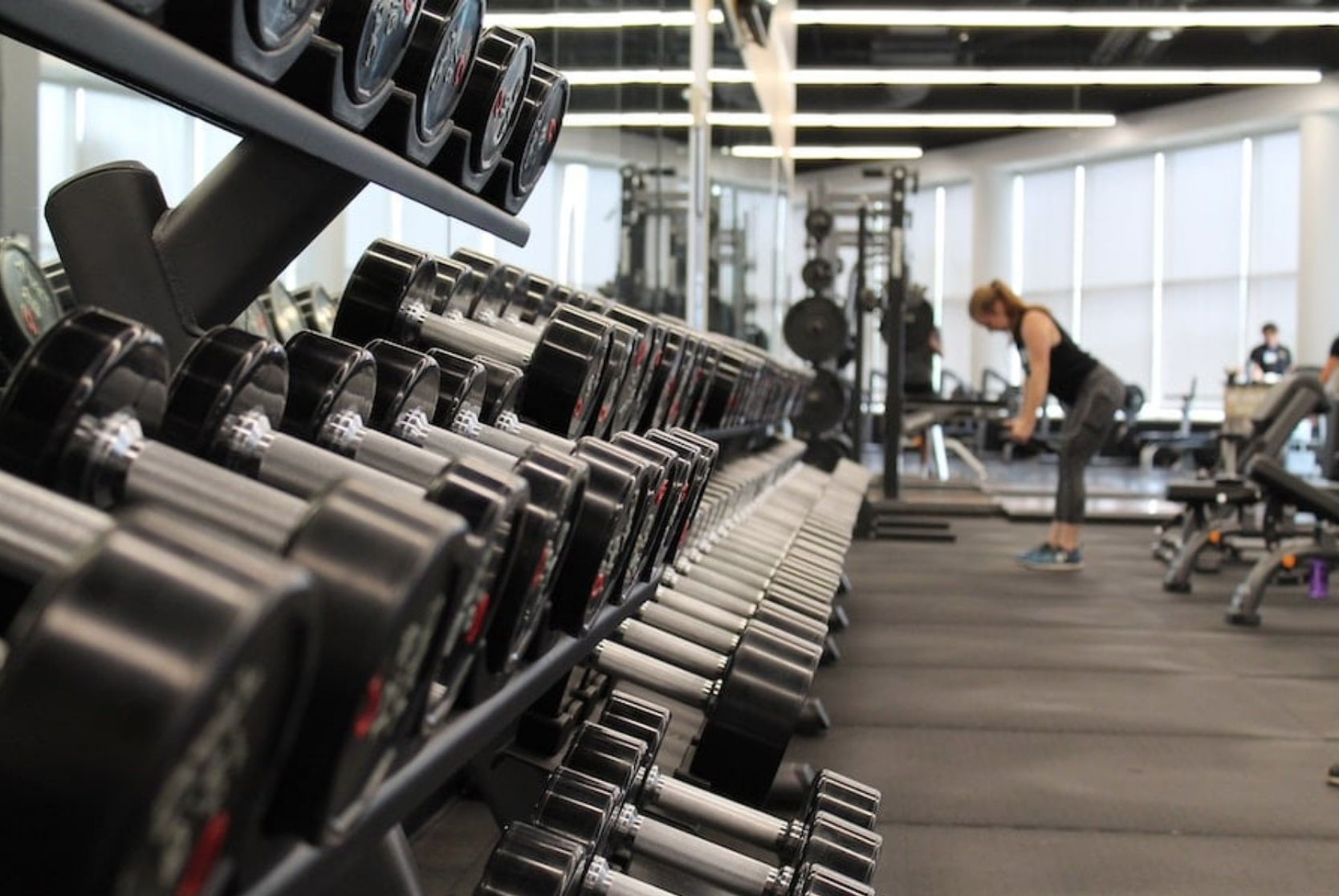
Intense physical activity places stress on your body which in turn can affect the hormones responsible for our periods. Getting technical here, exercise can decrease GnRH, leading to low levels of FSH, LS and estrogen. The result is a change in menstruation. Amenorrhea is very common among active menstruating individuals. In fact, athletes are three times more likely to develop amenorrhea than non-athletes. If you are a heavy exerciser and you lose your period, it may be advised to reduce exercise intensity and to see a doctor to find out if there’s something else at play.
Medications
Medications can either intentionally cause people to lose their period (like taking birth control) or period loss could be a side effect. However, other medications such as some antidepressants and blood pressure medications can increase hormone (prolactin) levels that involuntarily stop ovulation and periods. Speak to your doctor if this side effect is not intentional or desired.
Calorie Restriction
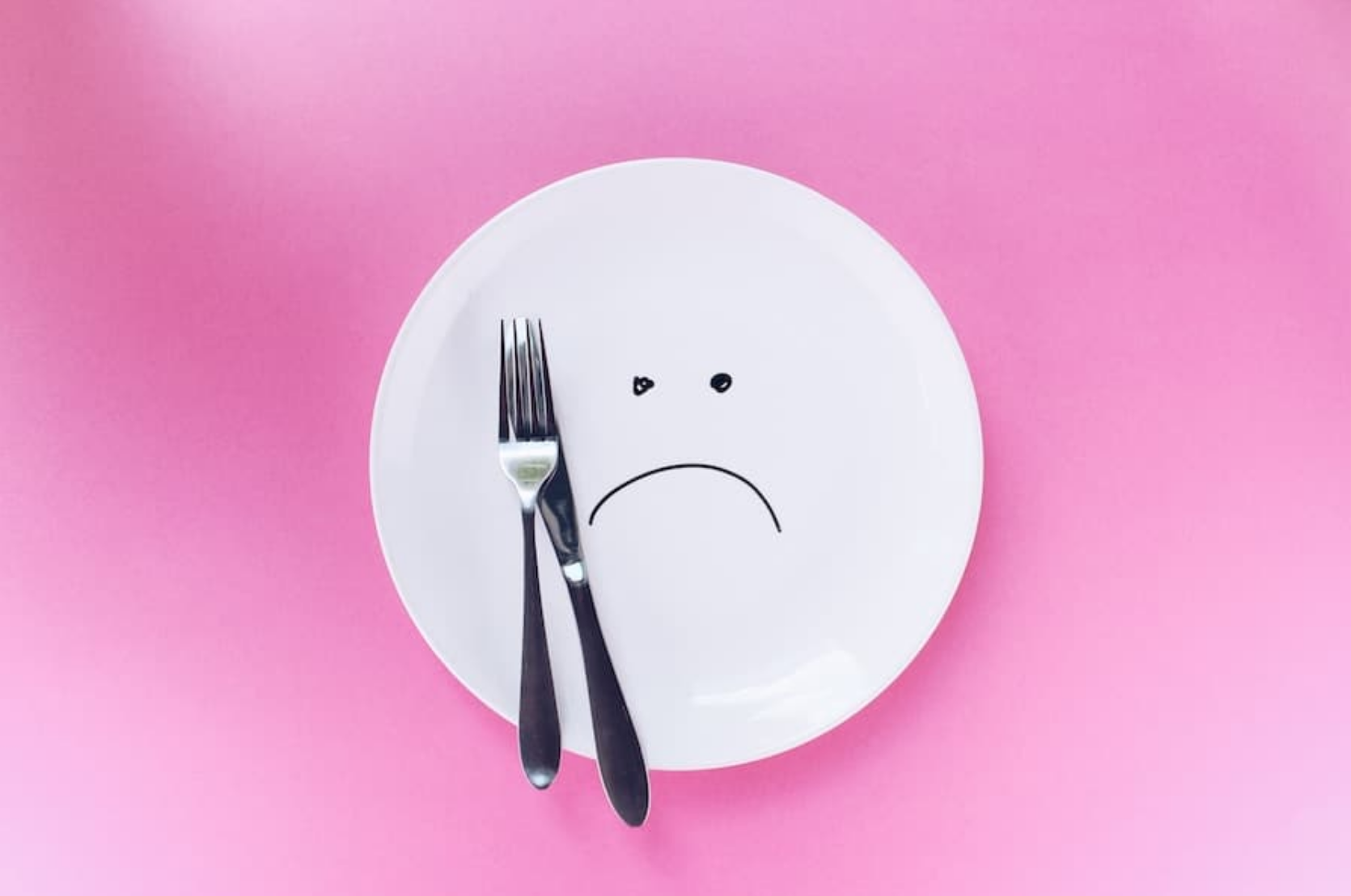
On a diet? Most diets result in weight loss, because it involves restricting a heck of a lot of calories, which may get you a smaller number on the scale, but it’s definitely not sustainable and can have a grave impact on your reproductive health. This is often best evidenced by losing your period. Menstruating people suffering from an eating disorder like anorexia nervosa tend to be at a higher risk of developing amenorrhea. If you are cutting your calories and unintentionally losing your period, it’s likely that your body is not getting enough nutrition to sustain some of its basic functions (like reproduction). Keep reading to find out more about dieting and how to get your period back.
Post-Pill Readjustment
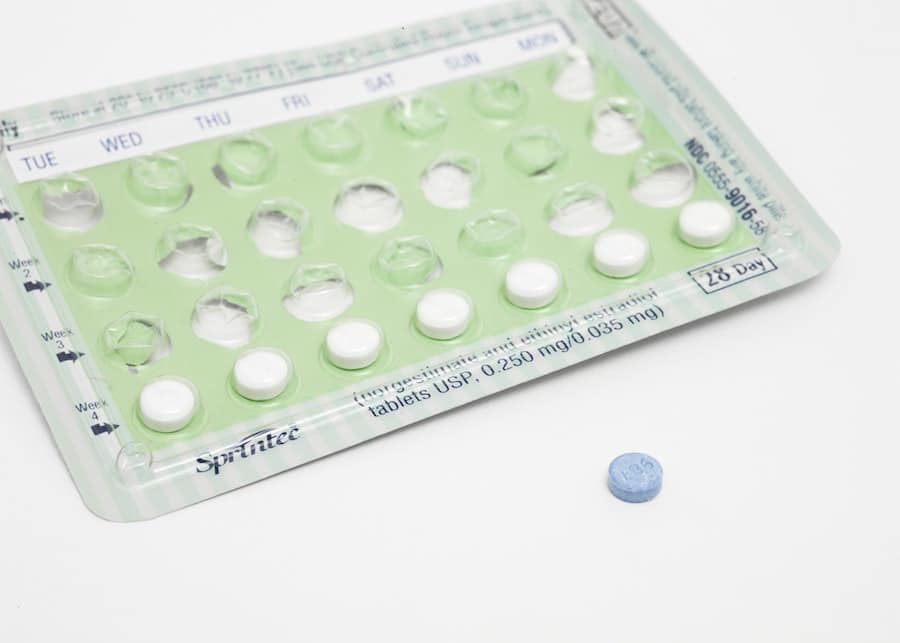
Post-pill amenorrhea is the failure to resume menstruation within 6 months of discontinuing any form of oral contraceptive (such as birth control, IUD, etc.). Research suggests that 2.2% of menstruating people experience no periods after discontinuing oral contraceptives (this is likely partially what happened to me – you can read all about my experience here). The loss of your period even after stopping the pill is caused by low amounts of two hormones (gonadotropic and ovarian hormones) and mild to moderate elevations of prolactin. Treatment is not usually required unless pregnancy is desired, as it is expected that periods will start again spontaneously. In my case, I didn’t wait long enough (6 months, apparently) to see if my period did return before seeking reproductive technology.
Stress & Period Loss
Stress can lead to your menstrual cycle becoming longer or shorter or can cause it to stop altogether. How? Stress supresses the hypothalamic gonadotropic-releasing hormone also called GnRH. When that hormone is low, the body fails to ovulate (aka. anovulation). The more stress you are under, the more GnRH is suppressed, leading to amenorrhea. Just another really important reason to get the stress in your life under control.
PCOS
Polycystic ovary syndrome (PCOS) is a common endocrine disorder among menstruating individuals. It affects 6% of menstruating individuals of productive age. I’ve written about PCOS extensively here and here. One of the key signs of PCOS is period irregularities. In order to be diagnosed with PCOS there needs to be absence of ovulation, high levels of androgens (hormones important in males) and ovarian cysts. Other symptoms include no periods, frequently missed periods, heavy periods, infertility, excessive hair growth on face, chest, belly, upper thighs (called hirsutism), acne, obesity and weight gain, pelvic pain, and areas of thickened, dark and velvety skin. It is always best to consult with a doctor if you identify with some of these signs and symptoms, and to discuss how to get your period back.
How to Get Your Period Back

Eating a Healthy Balanced Diet
It may sound simple, but getting in a healthy balanced diet is one of the ways get your period back and maintain a healthy menstrual cycle. I’ve written about what to eat on your menstrual cycle here. Especially if you’re an active person, getting a healthy balance of carbohydrates, healthy fats and a variety of protein sources not only helps your fitness performance, but can protect you from other chronic diseases and even lengthen your life!
Get in Your B Vitamins
Vitamin B6 supports your body’s metabolism and may be beneficial in stimulating serotonin and melatonin production. Since both of these hormones play important roles in sleep, it may improve our reproductive health and help in terms of how to get your period back.
Reach for Omega-3
Don’t forget to get in those healthy fats! Omega-3s can do wonders for our health, and research suggests they may play a role in our menstrual cycle. A 2013 randomized controlled trial found that omega-3 supplementation helped patients with PCOS reduce testosterone levels and regulate menstrual cycles. The research in this area is still emerging and more studies are needed.
Focus on Bone-Strengthening Foods
Individuals with amenorrhea are at an increased risk for low bone density, especially adolescents. For this reason, getting enough bone strengthening vitamins and minerals in your diet is very important. For bone health, it is recommended that individuals with amenorrhea take vitamin D (400 to 1,000 IU) and calcium (around 1200 mg). This can be through calcium rich foods (seeds, cheese, yogurt, canned fish, beans, lentils and leafy greens) and vitamin D rich foods (fatty fish, liver, cheese, egg yolks and fortified foods), alone or in combination with supplements.
Stress Relieving Activities

According to some interesting research, cognitive behavioral therapy (CBT) may be effective at bringing your period back. In a randomized controlled study, the sample group that participated in 16 CBT sessions experienced a return in their period after 20 weeks. It’s important to note that these CBT sessions included a combination of education on nutrition and exercise.
Ditch the Diet
Even if you are eating a healthy balanced diet, you always want to make sure you’re getting enough calories and fat in your diet. It’s important to consume enough calories to support your weight to maintain a healthy menstrual cycle. A five year retrospective study of athletes with menstrual disturbances found that increasing their dietary intake helped the return of their period. There seems to be a focus on getting enough fat and carbohydrate, since these nutrients tend to be the most under consumed macronutrients (thanks to popular diets like Keto, Paleo & Atkins).
Get More Sleep
There are a variety of hormones that are involved in our sleep and our circadian rhythms including melatonin, cortisol, thyroid stimulating hormone and prolactin. All of these hormones play an important role in either keeping us alert and energetic during the day or getting a good sleep at night. Not getting enough sleep can have a significant role on hormones like Thyroid Stimulating Hormone, Luteinizing Hormone, Follicle Stimulating Hormone, Estradiol and Prolactin, all of which may interfere with your reproductive health. While we need more human research, one early animal study suggested that sleep deprivation resulted in decreased egg output. In human research, one study looked at people who work irregular shift hours and found that they were more likely to experience irregular periods. This is likely because when you shift your body clock, you’re also shifting your reproductive hormones, which has an impact on your menstrual cycle.
Exercise, But Not Too Much
Since amenorrhea is very common among active people who menstruate, at times it may be best to reduce your intensity at the gym. Taking a rest day can not only benefit your reproductive health, but can help with muscle recovery and protects you from injury.
Bottom Line
- Nutrition can play a significant role in our menstrual cycle. Making sure our diet includes a rich source of nutrients, vitamins and minerals is the best way to fuel our bodies, and key in terms of how to get your period back.
- Too much stress in your life can be a burden on your mental health, but also your physical health. Find ways to cut out the noise in your life by going for a walk, meditating or trying therapy to help support your reproductive health.
- Not only is it important to get the right nutrition in, but it’s also important to get enough in your diet to support your weight and your reproductive health.
- Getting enough sleep, keeps your hormones running smoothly which can help in terms of how to get your period back.
- Getting in your daily physical activity can do wonders for our health, however over exercising and going overboard at the gym can have a negative effect and put your reproductive health at risk.
At the end of the day, I’m a Dietitian, and my scope of practice isn’t to diagnosis why you’ve lost your period. Your first step should always be to speak to your doctor to help you rule out serious medical reasons, such as PCOS. But what I can recommend is that if you are underweight, dieting, over-exercising and missing your period, adding a dietitian to your healthcare team may help you create a plan to help you get that period back safely.
Contribution By RD2B Hannah Wilson & Sofia Tsalamlal, RD, MHSc Nutrition Communication
More Blog Posts You Might Like:
If you liked this blog post discussing how to get your period back after years of dieting, then you might also enjoy more articles about hormonal health:
- How Much Weight Do You Gain on Your Period?
- Your Menstrual Cycle Diet | What to Eat on Your Period
- Does Cortisol Cause Weight Gain?
- Best Diet for PCOS | Is Weight Loss Necessary?
- Endometriosis Diet – Best Foods to Improve Symptoms
- The Hormonal Acne Diet – Best Foods for Healthy Clear Skin

Abbey Sharp is a Registered Dietitian (RD), regulated by the Ontario College of Dietitians. She is a mom, YouTuber, Blogger, award winning cookbook author, media coach specializing in food and nutrition influencers, and a frequent contributor to national publications like Healthline and on national broadcast TV shows.
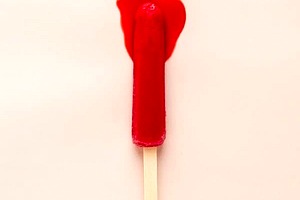

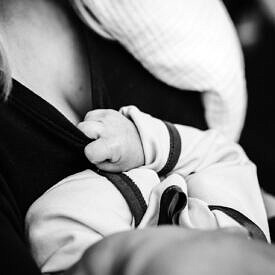


Elina says
Thanks for this informative post, love that you shred light to the HA condition!
Elina says
Thanks for sharing <3
Krysten says
Hey Abbey! I just wanted to post a comment to thank you for your article. I was on the birth control pill that was a triphasic hormone level and back in late may/early June of this year I stopped taking the pill…. well I got the normal “period” after stopping the pill and after June I haven’t had a period since. I am 32 years old and on the skinny side, but I’ve always been this size or close to it and had my period. Hearing your story about losing your period after taking birth control really put me at ease; I am hoping it’ll come back on its own soon. I’m not currently trying to get pregnant but I am at the age if it happened I’d be happy so I just need my period back haha.
Thank you for taking the time to write this blog and going so in depth. You’re awesome!
Ursa says
Hey! Thanks for this advice. I’m struggling with getting my period back. I didn’t get it after stopping with pills two years ago. The doctor tested all hormones, everything is ok, probably too little calorie intake (for longer period, around 1500 Kcal per day), with very active lifestyle. I recently start to gradually increase calorie intake (I’m at about 1900 Kcal now, going towards cca 2100-2200, with healthy diet, proper macro ratio), but was wondering how many exercise is too much? I usually do training 5 times a week in the morning, cca 45-50 min, with weights, or HIIT (max 30min, once per week), occasionally also walking up to 1 hour in the afternoon. 1 day is active rest day (running or cycling or yoga) and 1 day rest day. Is this too much of exercising? Because it is also bi stress release for me, and time for myself. Thank you for this article and for your advise.
Abbey Sharp says
I would strongly suggest working with a dietitian to help evaluate your needs. The amount of exercise may or may not be too much, I can’t say for certain. But the dietitian will be better able to evaluate your individual energy needs and expenditure. But in general, it may take some time for your body to regulate before you get your period back.
Tammy Casaletto says
Hi Abbey, Just read your article on getting your period back and I want to share a bit of my story to give hope for others.
I am almost 52 years old and I started my period last Aprll and May. During the past 3-4 years I have been working to mentally and physically recover from years of anorexia. After taking 3 months off of any exercise even morning walks my period started!! I gained a few pounds during that time and rested and then my body trusted me to start my period. Once I became a little more active (morning walks, run 1-2 days a week) in the spring and summer and lost a few pounds my period stopped. Now winter is here – less movement, few pounds back and a period in December 2021 and a real real period (need to change pads for this one) this week 29 days after Decembers!! At this age I thought menopause not period. But it is proof that rest, weight gain from malnourishment (being in 20 bmis – 19 not enough for my body to respond to producing a period) and eating unrestricted are tools to a healthy body and mind.
MJ says
Hi! i lost my period in december 2020 i still haven’t got it. I have just started to eat more and just do pilates (low impact) but nothing yet, of course it have been only 2 weeks. I am 14 i weigh 40 kilos and 150cm. I don’t now how to get it back.
Abbey Sharp says
Hi MJ, I would suggest speaking with your MD and/or registered dietitian to help you get back on track with individualized recommendations based on your unique needs.
Lucy says
Hi! I know that you are a dietitian, though I would really be grateful if I got an answer. I am a teenager, and I managed to lose over 40 pounds last year. The weight loss wasn’t fast, I lost about 5 pounds each month and wasn’t too restrictive – my calorie intake was about 1250 per day, considering my lack of physical activity I think that’s not too little. I am a pescoterian and my diet is full of healthy fats, such as nuts, fatty fish, and also sources of protein like legumes. Unfortunately, I lost my period half a year ago. Recently I’ve been trying to eat more calorie dense foods, like peanut butter, full fat yoghurt etc., but I must admit after one year of eating smaller portions I really cannot eat more meals throughout the day. My BMI is 19, so it’s pretty low, but I would not consider myself underweight. How many calories should I consume and am I lacking any foods? I really want to get my period back. Thank you in advance.
Abbey Sharp says
Hi Lucy. Thank you for your comment. I understand how frustrating it must be to not have your period, but it would be best for you to work with your doctor and a registered dietitian so they can provide you with individualized recommendations.
MJ says
Hi Abbey, thanks for the advice i got my period back about a month ago, i am actually on my second period, thanks a lot for the advice!